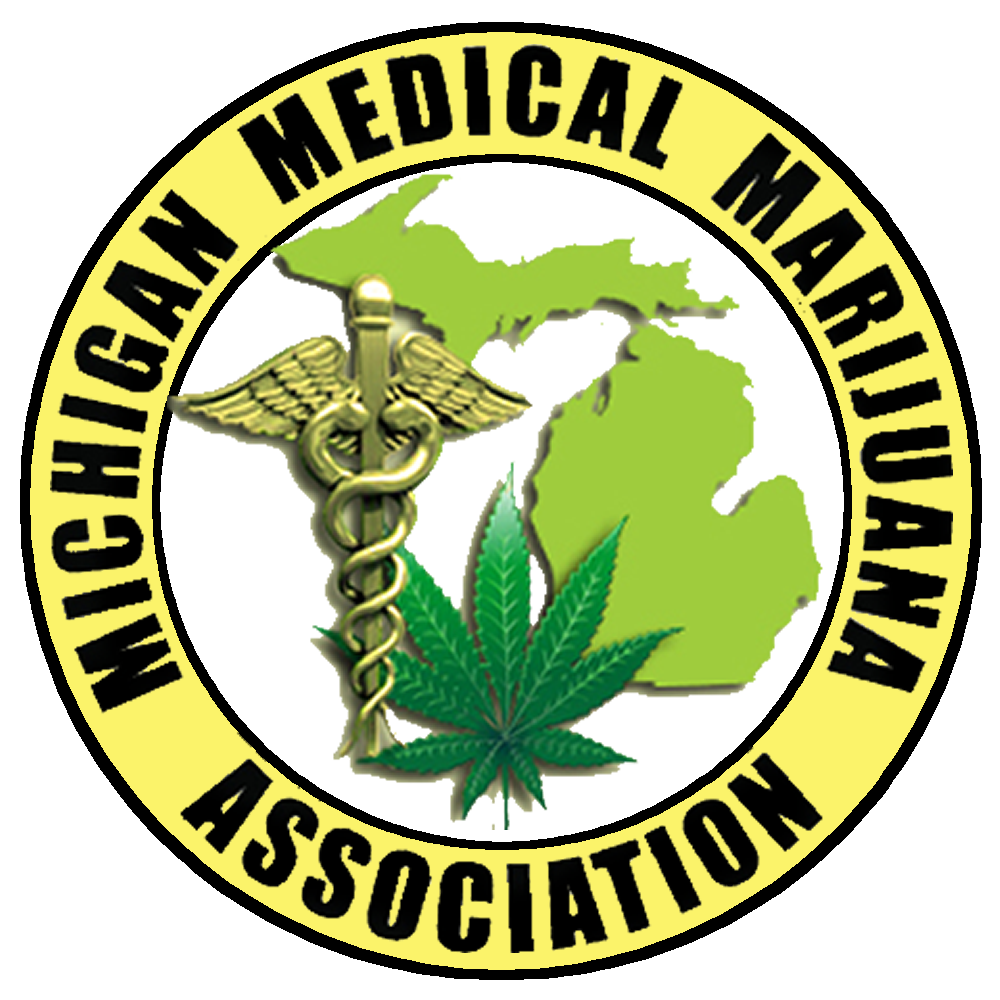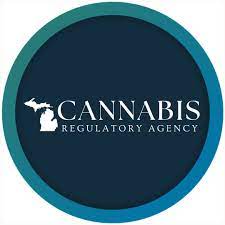roadside drug testing pilot program expands to all counties in Michigan
Roadside drug testing pilot program launched in 2017 has expanded across Michigan.
The Oral Fluid Roadside Analysis Pilot Program (OFRAPP) commensed Tuesday, Oct. 1, and includes participation from drug recognition experts working in every Michigan county.
The Michigan State Police first started conducting the tests as part of a one-year pilot program in five counties:
Berrien, Delta, Kent, St. Clair and Washtenaw.
The pilot program, which concluded in November 2018, that was spurred by Michigan legislation that was passed into law in 2016.
That program put the Alere DDS2 saliva test units into the hands of 31 drug recognition experts (DRE) from 12 different police agencies across those counties. The device was renamed SoToxa in April 2019, according to the manufacturer, Abbott.
From November 2017 to November 2018, 92 roadside drug tests were completed. Most of those tests (56%) were in Washtenaw County. The results of roadside tests were confirmed by a test with another swab taken on site and sent to an independent laboratory and/or evidentiary blood test results in 88 of the 92 cases, or about 95%, according to a report about the pilot program. The report notes a number of factors that could play a role in the differences between test results, including timing, threshold levels, and testing procedures.
Medical marijuana has been legal in Michigan since 2008 and, in November 2018, Michigan voters approved legalizing recreational marijuana use for people 21 and older.
Despite legalization, driving under the influence of marijuana remains illegal in Michigan.
Attorney Michael Komron of Komorn Law in Farmington Hills questioned the testing pilot program, saying it is based on “junk science” and the validity of the testing device has not been proven.
“That is what’s missing here,” Komorn said. “There’s no consensus anywhere that the machine stands as a reliable method of testing.”
He criticized the use of DRE officers and said their results can be inaccurate, and the process to determine who to arrest is subjective. He said the blood test is the gold standard in scientifically determining the amount of active THC in a person’s system.
Keep reading…there’s more to the article and a link to more at the end after the MSP News Release below
Arrested for or Charged with DUI or DRUGGED DRIVING?
Contact Komorn Law 248-357-2550 or Visit the Komorn Law website
Michigan State Police News Release.
Second Phase of Roadside Drug Testing Pilot Begins Today
Contact: F/Lt. Shannon Sims, MSP Field Operations Bureau, 810-836-5000
October 1, 2019
The expanded Oral Fluid Roadside Analysis Pilot Program begins today, Tuesday, Oct. 1, and includes participation from drug recognition experts (DREs) in every Michigan county.
Pursuant to Public Act 242 and 243 of 2016, the Michigan State Police (MSP) conducted a one-year Oral Fluid Roadside Analysis Pilot program, which concluded in November 2018, in five counties – Berrien, Delta, Kent, St. Clair and Washtenaw. The initial pilot provided valuable data on the performance of the oral fluid test instrument when coupled with law enforcement observed driver behavior and standardized field sobriety tests, but the overall sample size was too small to draw any definitive conclusions on the tool’s usefulness for law enforcement.
In their February 2019 report, the Oral Fluid Roadside Analysis Pilot Program Committee recommended expansion of the pilot for an additional year to include all DREs in the state to allow a greater number of police departments to participate and to increase the sample size.
“This additional, statewide data will help to determine the usefulness of this tool for law enforcement, as we work to get drug-impaired drivers off Michigan’s roads,” said Lt. Col. Richard Arnold, commander of MSP’s Field Operations Bureau. “Roadside oral fluid testing continues to show promise and by expanding this pilot, we’ll have a larger body of results by which to determine the tool’s effectiveness.”
Under the pilot program, a DRE may require a person to submit to a preliminary oral fluid analysis to detect the presence of a controlled substance in the person’s body if they suspect the driver is impaired by drugs. The preliminary oral fluid analysis will be conducted by a DRE on the person’s oral fluid, obtained by mouth swab, and will be administered along with the drug recognition 12-step evaluation currently used by DREs.
The oral fluid test instrument tests for the presence of the following drugs: amphetamines, benzodiazepines, cannabis (delta 9 THC), cocaine, methamphetamines and opiates.
Refusal to submit to a preliminary oral fluid analysis upon lawful demand of a police officer is a civil infraction.
DREs are police officers who have received highly specified training that allows them to identify drivers impaired by drugs. Although the pilot program is being organized and managed by the MSP, DREs employed by county, township and municipal police agencies are also involved.
Over the last several years, Michigan has seen a steady increase in fatal crashes involving drivers impaired by drugs. In 2018, there were 247 drug-involved traffic fatalities.
Participating law enforcement agencies include:
Adrian Township Police Department
Allegan County Sheriff’s Department
Alma Department of Public Safety
Alpena Police Department
Ann Arbor Police Department
Auburn Hills Police Department
Battle Creek Police Department
Bay City Police Department
Bay County Sheriff’s Office
Berrien County Sheriff’s Office
Bloomfield Township Police Department
Cadillac Police Department
Canton Township Police Department
Charlevoix County Sheriff’s Office
Chikaming Township Police Department
Clawson Police Department
Dearborn Police Department
Escanaba Department of Public Safety
Gogebic County Sheriff’s Office
Grand Blanc Township Police Department
Grand Haven Department of Public Safety
Grand Rapids Police Department
Grand Valley State University Police Department
Greenville Department of Public Safety
Hamburg Township Police Department
Imlay City Police Department
Ingham County Sheriff’s Office
Kalkaska County Sheriff’s Department
Kent County Sheriff’s Office
Lake County Sheriff’s Office
Lapeer Police Department
Lincoln Township Police Department
Livonia Police Department
Macomb County Sheriff’s Department
Marquette County Sheriff’s Office
Menominee Police Department
Michigan State Police
Midland Police Department
Monroe Department of Public Safety
Mt. Pleasant Police Department
Muskegon Police Department
Novi Police Department
Oscoda Township Police Department
Petoskey Department of Public Safety
Pokagon Tribal Police
Port Huron Police Department
Roscommon County Sheriff’s Department
Southfield Police Department
St. Clair County Sheriff’s Office
Troy Police Department
University of Michigan Police Department
Washtenaw Co Sheriff’s Office
Wayland Police Department
Western Michigan University Department of Public Service
Ypsilanti Police Department









